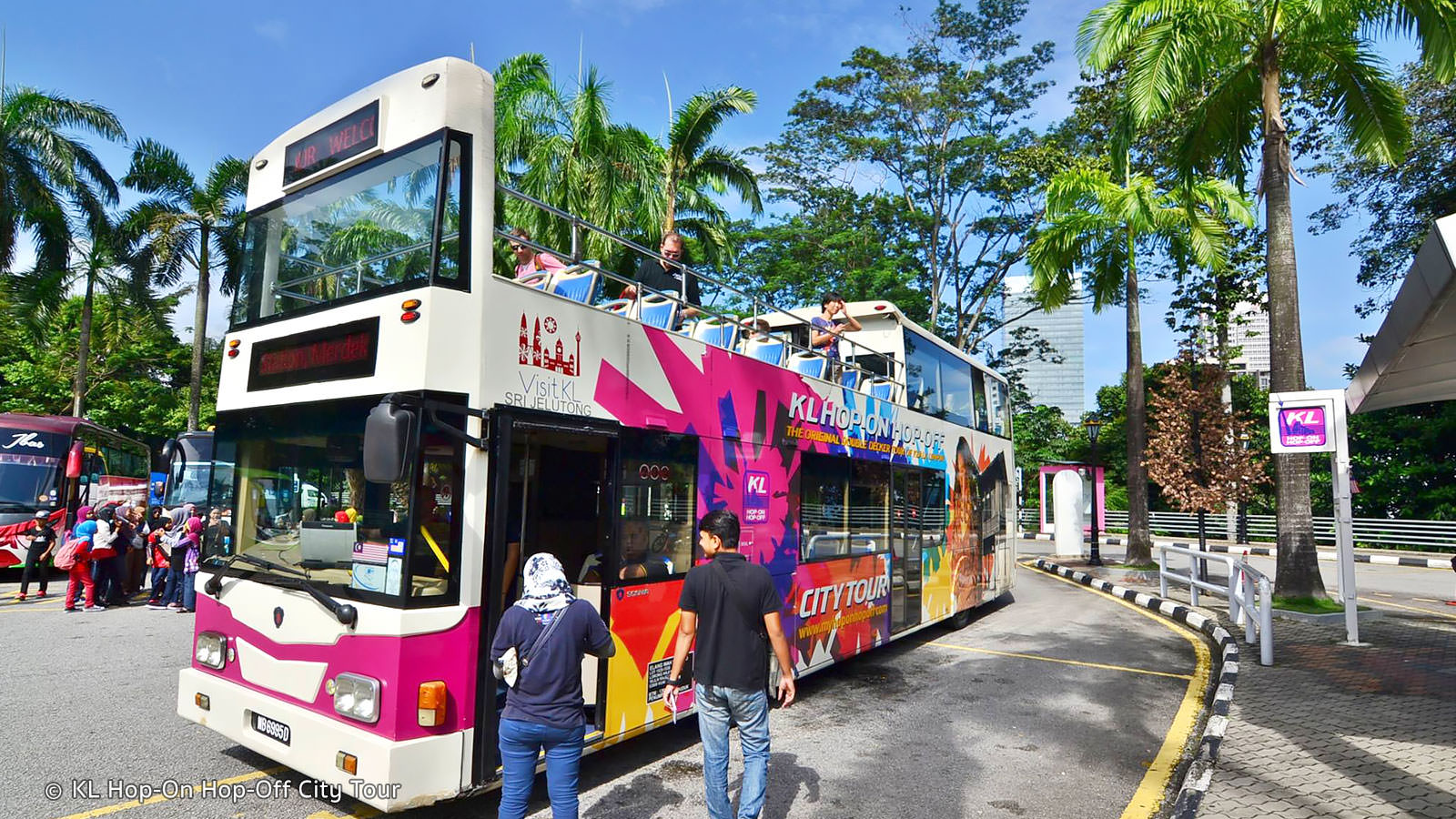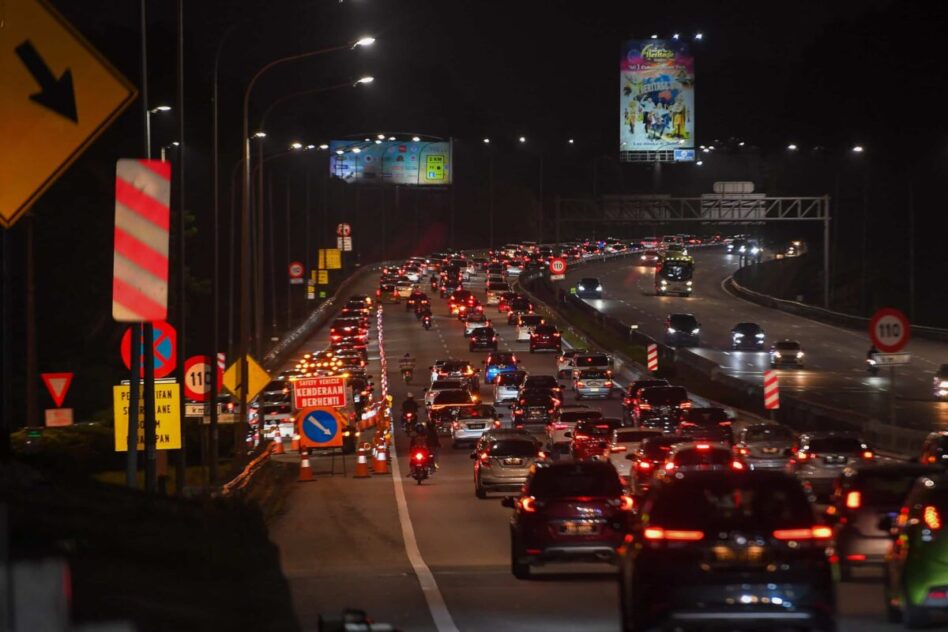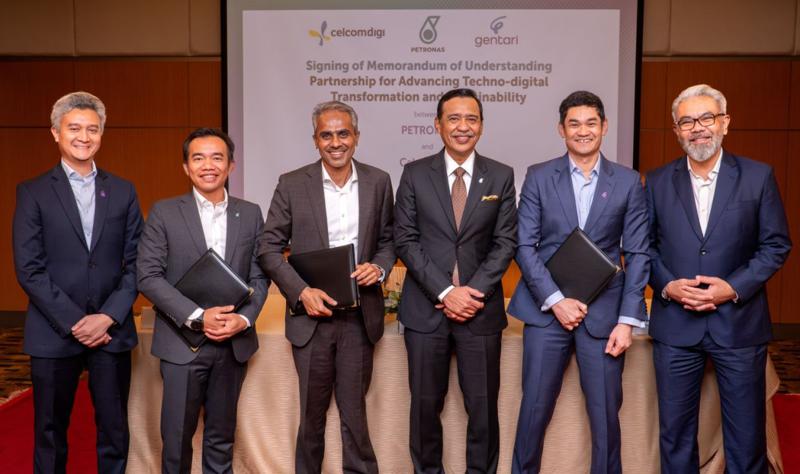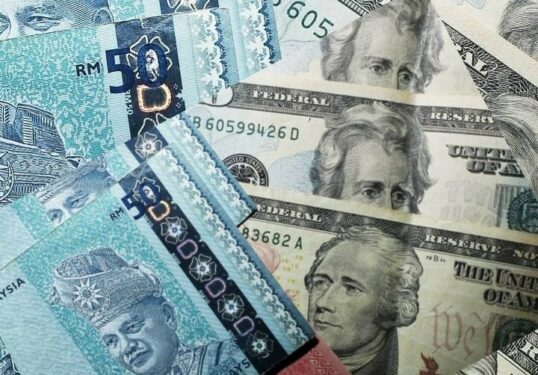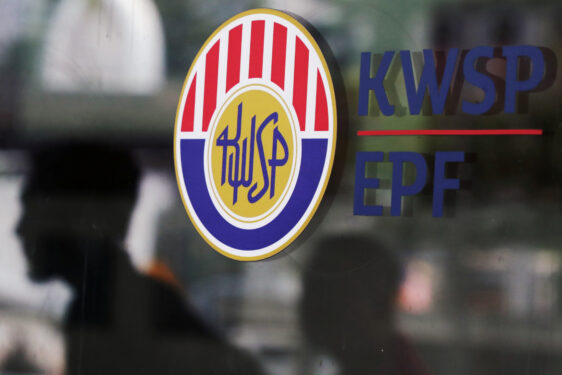The heading is a direct translation of what my mother said in Hakka more than six decades ago.
But the understanding of this maxim by the general public can be shallow as many purchase and payment decisions were not made judiciously. This is especially true for those that did not consider actual costs of goods or services versus the prices offered.
Inferior goods could be produced at a much lower cost and is meant to attract customers looking for cheap products. Goods nearing or have passed expiry dates or shelf life, gone out of fashion or have been replaced by newer models are normally offered for sale at knocked-down prices.
Prices are lowest at source, such as at factories where goods are made, packed or assembled. But the public should not be hoodwinked by retailers claiming to sell goods at factory prices as there are costs involved in distribution, warehousing and transport.
A manufacturer or brand may distribute its own products in the market or appoint one or more distributors to do so. The goods may first be sent to wholesalers or directly to retailers. Some supermarkets and shops also retail items in bulk at wholesale prices.
While prices at hypermarkets are cheaper than mini markets, some large sundry shops located near wet markets are selling consumables at much lower prices than supermarkets. Therefore, it is a good practice to compare prices and not assume that they would be automatically lower.
It is much easier to compare prices when shopping online, but this comes with inherent risks, such as not getting what you paid for and the item could be stolen if left outside the door, inside the mailbox or somewhere nearby. The website of an e-commerce platform could also be faked.
While it is a healthy practice to pay less for precisely the same goods, it is not necessarily so when it comes to services, as standards vary.
The difference is stark for professional sportsmen and entertainers, as flat rates could not apply for payments to professional footballers or singers.
Likewise for tour and transport services. While rates for the same rooms and nights could vary greatly between bookings made directly with hotels and online travel agents, the difference is minimal for sightseeing tours and transfer services to airports, stations, jetties and other sites.
Therefore, if one were to come across bargain offers online, something could be fishy. Malaysians ought to remember the adage that “there is no such thing as a free lunch”. There is always a cost for something you want, and someone has got to pay for it.
If it is not a charity but business transaction, then customers will be paying for it in another form.
The public could be deceived as they are often lured by offers, discounts and free gifts, without embracing that one should not expect to get things for nothing.
If they are worth having, they need to be paid or worked for. And always be wary of hidden charges, motives, or agendas. Just as we expect to be paid reasonably for our salaries, we should also pay others reasonably for services rendered to us.
It would be unfair and unkind to expect others to charge the lowest possible rates for their labour while we demand others to pay us the highest possible fee for our services. If would be karma when selfish individuals are scammed when shopping for unreasonably cheap services.
And it could be worse when Malaysians are overseas and not familiar with how the law operates in foreign countries.
There was a case of a couple in Sabah who won a lucky draw several years ago and the prize was a 7D/6N tour to Beijing for two persons that included 5-star hotel accommodation with all meals and full day sightseeing tours provided throughout.
As the cost of return airfares on a budget airline between Kota Kinabalu and Beijing was minimal, the couple went for the free holiday. Earlier, the event organiser had paid very little for this tour package as it could be used as one of the attractive prizes to draw larger crowds.
True enough, the couple got to stay in a 5-star hotel upon arrival and was asked to sign a form which they did without hesitation. But they were not happy with the bus tour later. Instead of sightseeing, it was more like a shopping tour as they were brought from one stop to another.
And worse, they were pressured by the local tour guide to buy this and that until they could not stomach any longer and wish to opt out of the daily bus tours. They made known their decision after they were provided with only a 3-star hotel for accommodation the second night.
That was when the couple was shown the agreement they signed on the first night, which bound them to join all the daily tours until the end or pay a hefty cancellation fee. The couple had to pay several thousand ringgit as compensation or continue to buy things during the free tour. – July 6, 2022
YS Chan is Asean Tourism Master Trainer for travel agencies, master trainer for Mesra Malaysia and Travel & Tours Enhancement Course. He is also a tourism and transport industry consultant and writer.
The views expressed are solely of the author and do not necessarily reflect those of Focus Malaysia.


